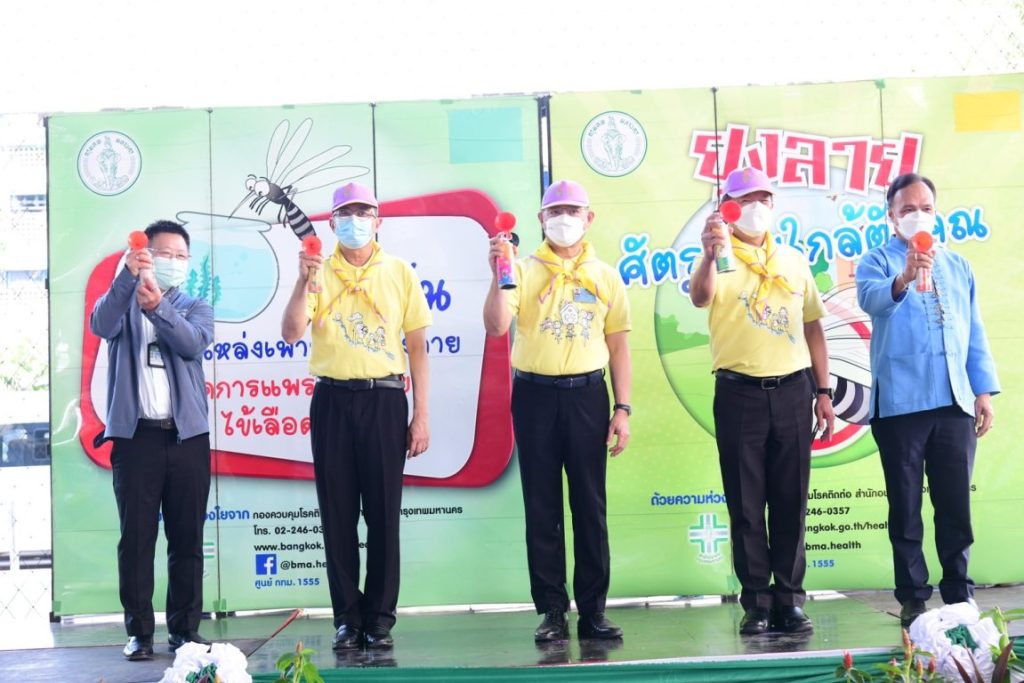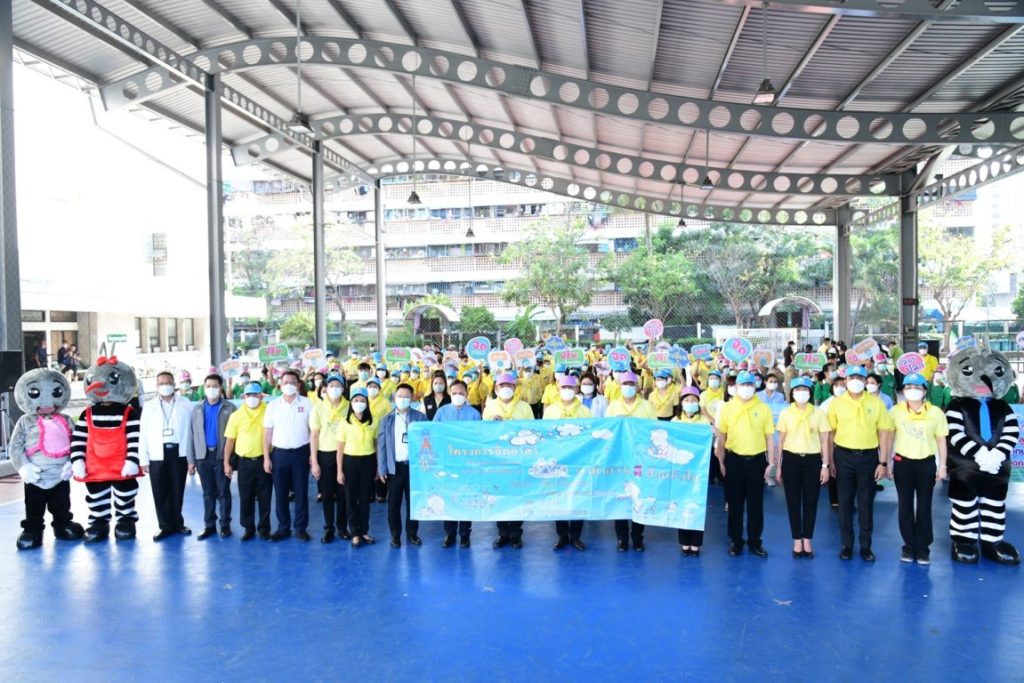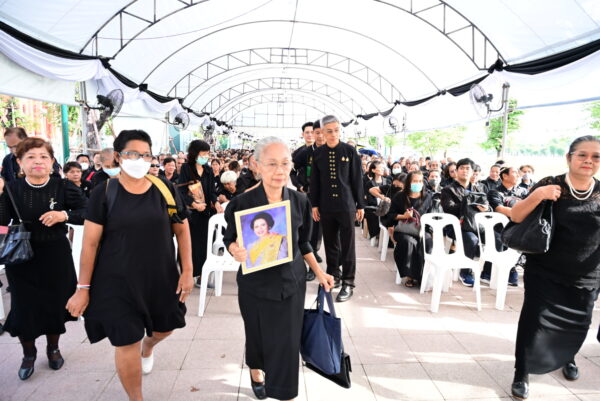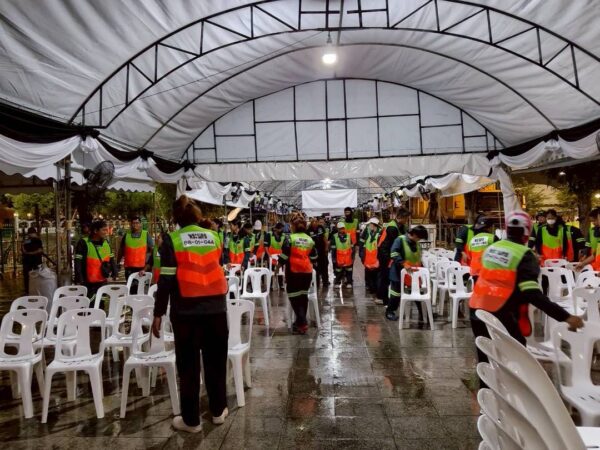Bangkok has launched a campaign to combat dengue fever by eradicating mosquito larvae in all 50 districts of the city.
Dengue fever is a mosquito-borne viral tropical disease that has a mortality rate of 0.8% to 2.5% among people who develop severe symptoms. It is spread by several species of female mosquitoes of the Aedes genus, principally Aedes aegypti.

The campaign, called “Leave no place for mosquito larvae to grow”, was launched on Thursday by Bangkok permanent-secretary Khajit Chatchavanich at the open-air stadium of the Bangkok Youth Centre (Thai-Japanese) in Din Daeng district.
Khajit said the number of dengue cases in the city has jumped this year, in contrast with previous years when Bangkok recorded among the lowest dengue caseloads in the country.
A total of 1,102 dengue fever cases were reported in Bangkok between October and January – the highest caseload of any province.
“People are lowering their guard as many do not know that mosquito eggs can survive in water for nearly a year,” Khajit said. “It is vital to eliminate all places where mosquitoes can lay eggs and their larvae can grow, such as puddles, water jars, and other unused containers.”
He also advised people to take measures to avoid being bitten by mosquitoes. This is especially important for those people who have contracted dengue in the past as they are likely to develop more severe symptoms after reinfection.
He said the mosquito larvae eradication campaign will be implemented in all 50 districts by the city’s Health Department and district offices to remove the sources of disease carriers and enhance protection against dengue fever.
On Friday (March 3), local authorities will join communities for a “Big Cleaning Day” in their areas to get rid of sources of standing water that could host mosquito larvae.
Big Cleaning Day will be held every Friday to ensure continued protection against dengue fever.
District offices will also publicise ways to protect against dengue fever and detect the symptoms early. People who suffer fever for more than two days are advised to get tested at a hospital.
In “purple” districts with high numbers of infections, the city will open an Emergency Operation Centre to boost public awareness and prevention.




